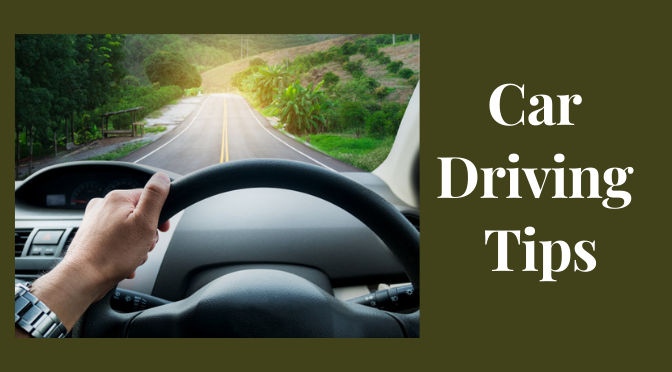
Driving brings a sense of joy to most people, especially beginners. It is a life skill that every adult tries to learn, and it is extremely useful in our daily lives. However, carelessness and recklessness while driving can affect the safety of the driver, other vehicles, and people on the road.
To keep you safe, we have listed 10 important car driving tips and techniques that every beginner should learn to ensure a smooth and safe driving experience.
1. Know your car
You should familiarize yourself with the basic configuration of your car before taking it on the road. Although no one learns it in a day, you should at least have theoretical knowledge. For example, knowing the basics—how to use the buttons on the steering wheel and dashboard, how to install the jack, fuel tank capacity—are some of the things every driver should know.
You should also make up your mind to drive this category of vehicle. hatchback, sedan, crossover, and SUV, as each class has certain characteristics associated with it. For example, some people find it difficult to maneuver and park SUVs. To avoid any kind of panic while driving, you should be aware of the challenges of the vehicle.
2. First, wear the seat belt
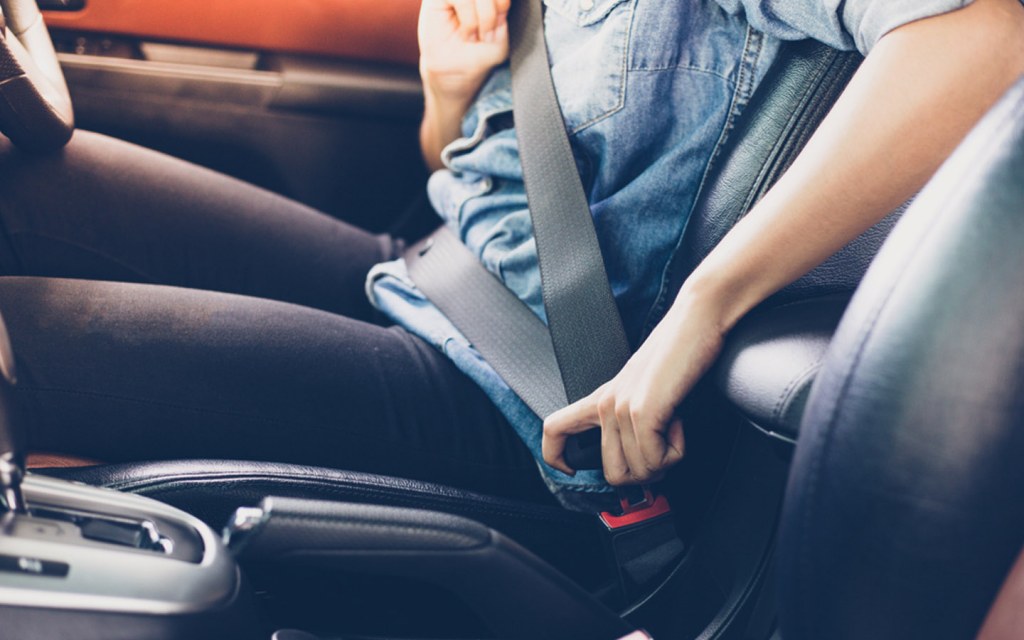
All car drivers must wear their seat belts at all times while driving. Whether you’re a beginner or a pro, you should get into the habit of wearing a seat belt while driving.
According to a study, about 75 percent of car users do not wear seat belts while driving, resulting in 15 deaths every day. Not only is it mandatory, but wearing a seat belt is an effective way to reduce the chance of serious injury in the unfortunate event of an accident or collision.
3. Check and make adjustments before driving 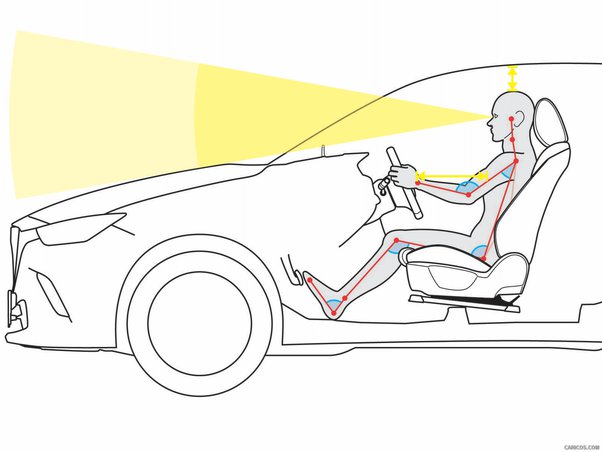
Be sure to adjust your seat, mirrors, and steering wheel to the correct position before you set off on your drive. You may see people making such adjustments while driving, but initially, it’s best to make these adjustments beforehand to ensure you have a comfortable and safe drive.
4. Keep both your hands on the steering wheel
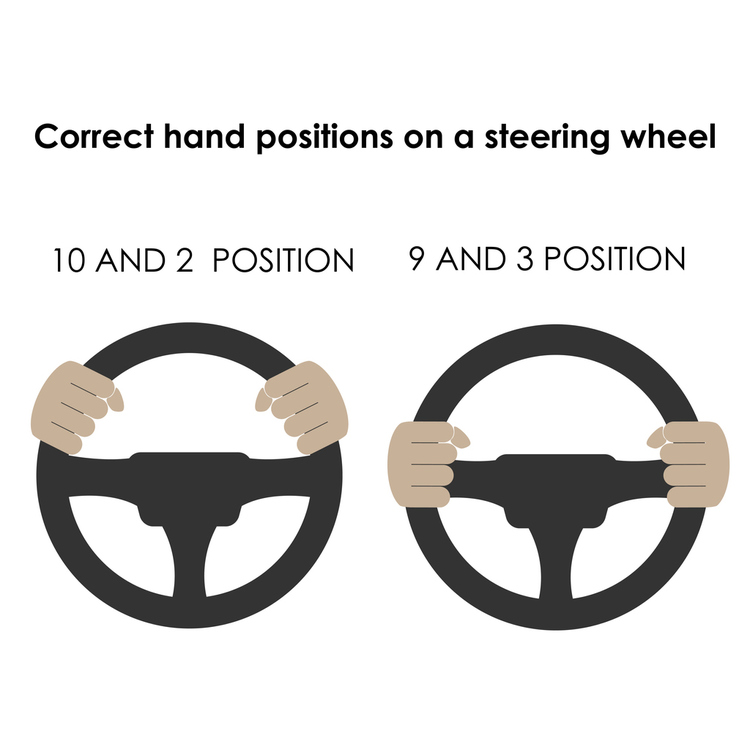
As a beginner, you should not choose to drive with one hand. It is best to keep your car under control by keeping a steady grip on the steering wheel with both hands in the ’10-and-2′ position or the ‘9-and-3’ position.
5. Maintain moderate speed limit
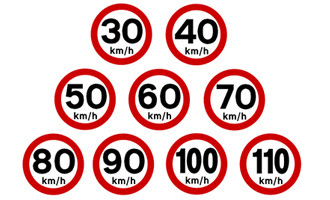
As a beginner, you should always maintain a moderate or slow pace. Although high speed gives an adrenaline rush, remember that you may not be able to handle the car at high speeds initially. You may have difficulty controlling the vehicle if an object or person is suddenly in front of it, which may cause an accident.
6. Use signal indicators

Car signs help you communicate with other drivers while driving. Make it a habit to use turn indicators well before changing lanes, passing other vehicles, and stopping on main roads. This warns other car drivers to adjust their speed and gives you room to turn safely.
7. Avoid distractions

You should avoid using your phone or focusing on any other activity while driving. Mobile phone distraction is already a leading cause of road accidents and puts you and other people on the road at risk. If you must call while driving, park your car in a safe place and talk again. Also, avoid using earphones while driving.
8. Be confident and calm

The most important driving tip is to stay confident and calm while driving. It’s natural to feel a little nervous while driving at first, but that shouldn’t affect your confidence on the road. A panicked mind can prove dangerous to you as well as others. Only run distances that you can safely cover initially. It will help if you gradually increase the distance traveled after you are confident about your driving skills.
9. Carry your license and insurance documents
When driving a car, you should always carry your driving license and other car-related documents, such as a registration certificate and a valid motor insurance policy. If caught without these documents, you will be fined. No one ever wants to be punished for such avoidable mistakes, at least not at the beginning of their driving experience.
10. Never drive under stress

As a beginner, you need extra attention to get used to the traffic and roads. While driving, split-second decisions can either keep you safe or put your life in danger. Stress can throw you off balance and impair your concentration and judgment skills, making you prone to misunderstandings and accidents. So it is better to avoid driving when you are stressed or in an anxious mood.


